Category
- Best Peptides for muscle growth
- Geno Pharma Domestic Warehouse 2 (Canada&USA)
- GP(Domestic Shipping US) Warehouse 1
- Human Pharma Premium
- Phar Labs Premium-Select
- Steroids on Sale USA, Real Steroids Online
- New arrivals in USA
- Most popular steroids in USA
- Antiestrogens / Gonadotropins
- Bangkok Steroid USA
- Biopharma Steroid USA
- British Dragon
- Anabolic Steroids for Horses
- Fat-burners
- Gen Pharma USA
- Medical Pharma Steroid USA
- Medical Tech Steroid USA
- Novocrine Steroids
- HGH USA
- Omega Labs Steroid USA
- Rotterdam Steroids USA
- SARMs USA
- Sciroxx
- Sydgroup Steroid USA
- Big vetenary Steroid USA
- Watson Steroids
- XT Labs Steroids
Most Popular steroids USA
-
 Saizen 8.8 mg (Somatropin) 26.4 UI Domestic USA
Saizen 8.8 mg (Somatropin) 26.4 UI Domestic USA
$115.00Original price was: $115.00.$98.00Current price is: $98.00. -
 PARAMIX 300 Genli Pharma – Trenbolone A, E & Hexa Mix 10 ml
PARAMIX 300 Genli Pharma – Trenbolone A, E & Hexa Mix 10 ml
$110.00Original price was: $110.00.$99.00Current price is: $99.00. -
 Testosterone 400 Biopharma 10 Ampoules
Testosterone 400 Biopharma 10 Ampoules
$99.00Original price was: $99.00.$75.00Current price is: $75.00. -
 Testosterone Cypionate 200 Biopharma 10 amp
Testosterone Cypionate 200 Biopharma 10 amp
$99.00Original price was: $99.00.$72.00Current price is: $72.00. -
 Drostanolone Enanthate 200mg 10 ml - Masteron Enanthate
Drostanolone Enanthate 200mg 10 ml - Masteron Enanthate
$110.00Original price was: $110.00.$90.00Current price is: $90.00. -
 Primobolan Pills 25mg 100 pills Domestic USA
Primobolan Pills 25mg 100 pills Domestic USA
$99.00Original price was: $99.00.$85.00Current price is: $85.00. -
 Clenbuterol for Sale 40mcg 100 Tabs - GP Premium Domestic USA
Clenbuterol for Sale 40mcg 100 Tabs - GP Premium Domestic USA
$99.00Original price was: $99.00.$65.00Current price is: $65.00.

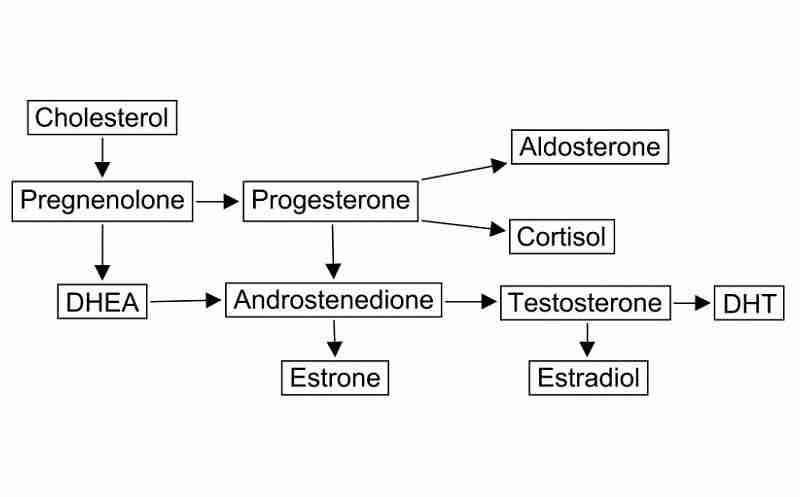
Table of Contents
ToggleWhat is DHEA?
DHEA or Dehydroepiandrosterone, is a substance that belongs to the group of prohormones, that is, natural substances secreted by human glands that precede the action of a powerful hormone.
DHEA is produced naturally by the adrenal glands, ovaries, and testicles, as well as by the skin and brain, and is directly involved in the production of estrogen and testosterone.
It can also be synthesized chemically in the laboratory. It has often been referred to as the “mother of all hormones” as research has shown that although the adrenal glands can secrete more than 150 hormones, DHEA is by far the most prominent.
It is commonly referred to as a hormone precursor, that is, it acts as a parent hormone that the body can transform into more than 50 essential hormones, including testosterone, estrogen, progesterone, and cortisone, to name just a few. In fact, all the medical information on DHEA shows that at least half of the androgen and estrogen precursors in the body come from it. The rest are generated in the testicles of men and in the ovaries of women. In post-menopausal women specifically, 100% of estrogen precursors come from DHEA.
Properties of DHEA
Currently, DHEA has attracted a lot of media attention due to its applications to prevent aging, as well as to enhance sexual appetite and to gain muscle mass. An unknown mechanism of DHEA, which allows tumor markers Ca 125 and alpha-fetoprotein to be reduced to their normal levels, has also aroused much interest. However, although it could soon be considered the elixir of youth, its use generates great debate and international controversy, at least as a therapeutic use, while in sports use everything seems to be advantages.
The body begins to produce small amounts of this hormone around the age of 7, and it is around the age of 23 or 25 when it reaches its maximum level of production, and then decreases by 20% or even more every ten years, so from of the 45 years its production is very low.
Consequently, if the use that is given as a supplement is aimed at increasing sports performance, it is not recommended to take it under 40 years of age, and never in case of breast cancer, uterine cancer, ovarian cancer, endometriosis, or uterine fibroids. . Neither with liver problems, diabetes or cholesterol, and is not recommended with depression or any other mood disorder.
Compatibility of DHEA with other drugs in bodybuilding
Some medications are broken down in the body, and DHEA might inhibit how quickly the liver can break down these medications. Taking DHEA with medications that are broken down in the liver could increase their side effects.
• Anastrazol (Arimidex): should not be combined with DHEA since the body converts DHEA to estrogen, while Anastrazol is used to suppress estrogen levels.
• Exemestane (Aromasin): As in the previous case, Exemestane (Aromasin) is used to inhibit estrogen levels in the body, while DHEA is converted to estrogen.
• Fulvestrant (Faslodex): Certain types of cancer are sensitive to hormones, and specifically to estrogen, for which Fulvestrant is used to suppress estrogen. Since the body converts DHEA to estrogen, they are not compatible.
• Letrozole (Femara): As above, Letrozole is used to treat certain types of cancer that are sensitive to estrogen. DHEA, by increasing estrogen, decreases the efficiency of Letrozole for cancer treatment.
• Tamoxifen (Nolvadex): is identical to the previous cases since Tamoxifen is used for the treatment and prevention of estrogen-sensitive cancers and DHEA increases estrogen, consequently they are not compatible.
• Insulin: used to inhibit blood glucose levels, but also inhibits DHEA levels, thus considerably reducing the efficiency of DHEA supplements.
• Triazolam (Halcion): Triazolam is broken down by the body for elimination. DHEA might slow down its breakdown, increasing its side effects.
• Anti-inflammatories in general: some anti-inflammatories decrease the levels of DHEA that the body produces, so taking medications for inflammation decreases the effects of DHEA supplements.
Effects of DHEA
• Anti-aging effect and precursor to longevity.
• Stimulates the immune system.
• Increases muscle.
• Increases energy and stamina.
• Improved sexual appetite.
• Reduces the symptoms of menopause.
• Increases strength and fat loss.
• Improves insulin balance (in diabetic patients).
• Improves bone density (in osteoporosis patients).
• Improves memory and cognitive system.
• Fight degenerative diseases such as Alzheimer’s and Parkinson’s.
• Develops the genitals.
• Develops sweat glands.
• Causes hair growth (in non-hairless people).
• Deepens the voice and influences menstruation (in young people).
• May cause acne in teenagers.
• Helps in the treatment of schizophrenia.
How to take DHEA
DHEA is a safe supplement for most people, if it is used for only a few months (2 or 3 months), after which a rest period should be taken. Only those people who are over 60 years of age can use it for a longer time, after which its endogenous production is very small or almost nil. These types of people could present some slight hair loss, upset stomach and high blood pressure, in some cases.
It has been possible to corroborate that a supplementation with 100 mg. of DHEA increases the level of testosterone in the blood from a normal level of 80 ng/dl to 280 ng/dl, that is, an increase of 350% within 60 minutes after ingestion. To improve bone mineral density, 50 to 100 mg is usually used per day. For erectile dysfunction, 50 mg is usually used per day. For improved sports performance and muscle growth, the average is between 100 and 150 mg. per day (depending on the weight of the athlete). In postmenopausal women and in men of a certain age, 25 to 50 mg per day is usually used.
The absorption of DHEA is favored by taking food, therefore it is advisable to take it at breakfast or lunch (if it is 100 mg, breakfast is preferred, but if the dose is higher, it is advisable to divide the intake in two doses, for example breakfast and lunch.In case it causes some drowsiness, it is recommended to take it at night before going to sleep, at which time cortisol inhibition is more efficient.
Frequently asked questions about DHEA
What diseases causes DHEA deficiency?
A low level of DHEA causes a decrease in sexual desire, erectile dysfunction in men, and a thinning of vaginal tissues in women.
What produces DHEA?
Dehydroepiandrosterone (DHEA) is a steroid hormone produced primarily in the cortex of the adrenal glands (or outer part of the 2 adrenal glands, which sit on top of the kidneys).
Share this page:
- Click to share on X (Opens in new window) X
- Click to share on Facebook (Opens in new window) Facebook
- Click to email a link to a friend (Opens in new window) Email
- Click to share on LinkedIn (Opens in new window) LinkedIn
- Click to share on Reddit (Opens in new window) Reddit
- Click to share on Pinterest (Opens in new window) Pinterest
- Click to share on Telegram (Opens in new window) Telegram
- Click to share on WhatsApp (Opens in new window) WhatsApp
- Click to share on Tumblr (Opens in new window) Tumblr
Written by Steroids USA
Pay with WISE APP or Remitly
Pay with WISE App or Remitly
Fast money transfers from USA for fast delivery of steroids
Secure delivery in USA
100% reliable shipping in USA
24x7 Support
Online 24 hours
Low cost delivery
Great shipping prices in USA
BULK ORDER DISCOUNT
If you are a reseller in the USA you can get a special DISCOUNT, we can give you up to 50% or more on bulk orders. If you want to make a bulk order, we can negociate for orders of over USD$4,000, contact us by email.
Steroids info

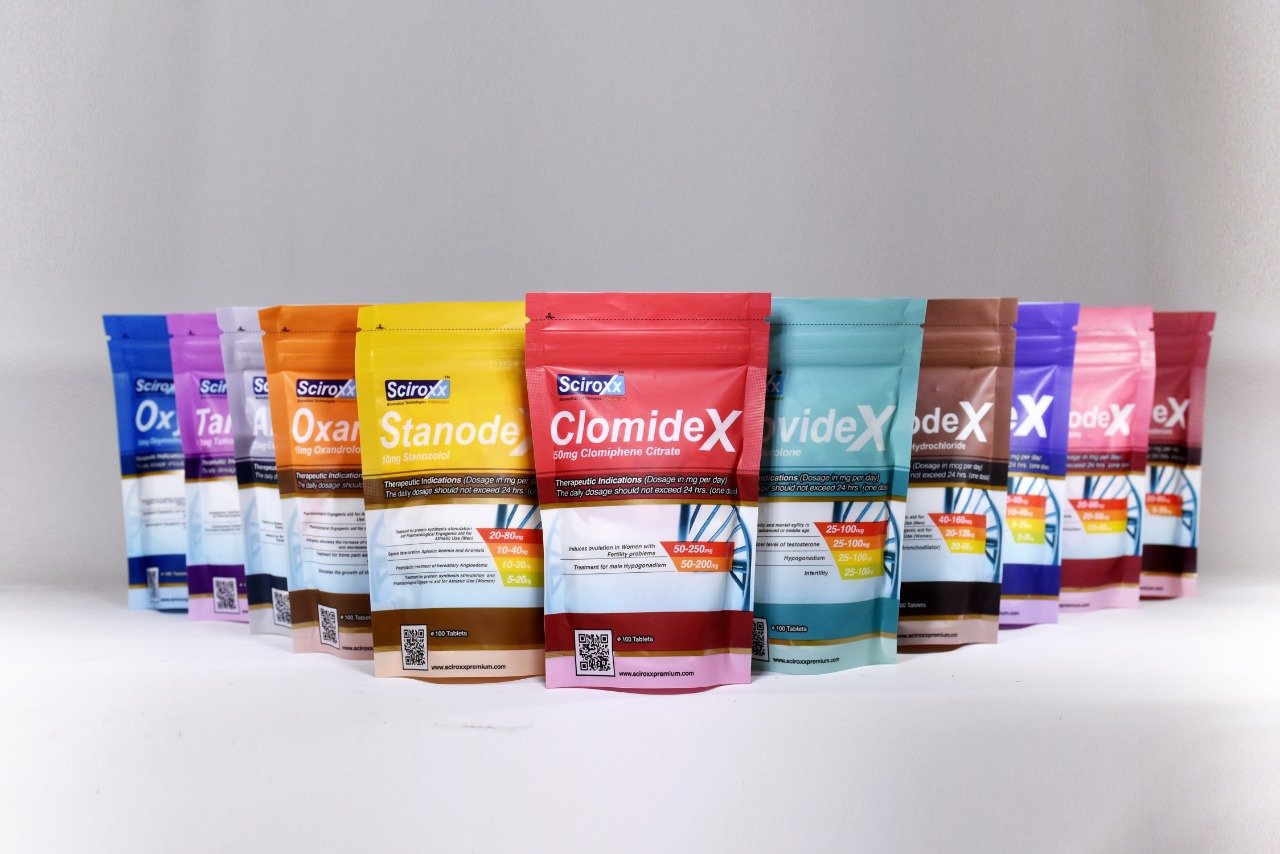


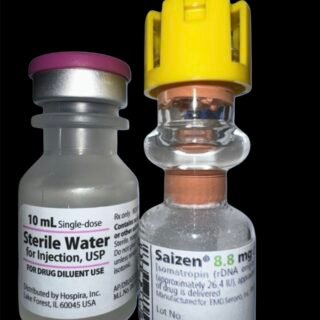
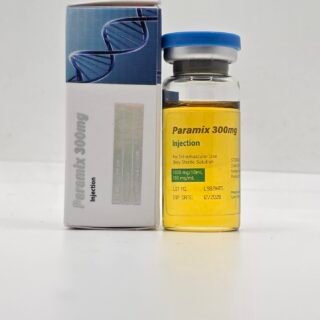
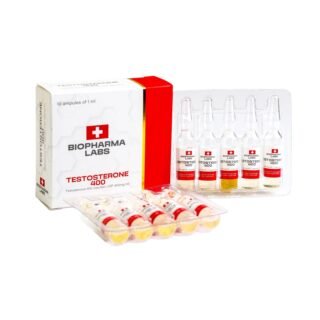
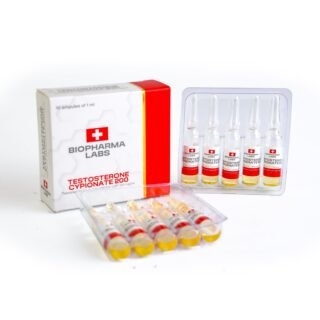
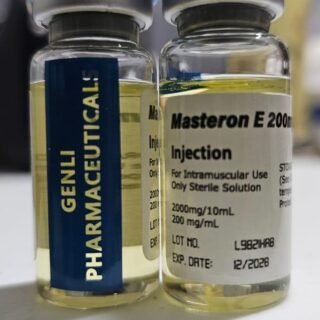
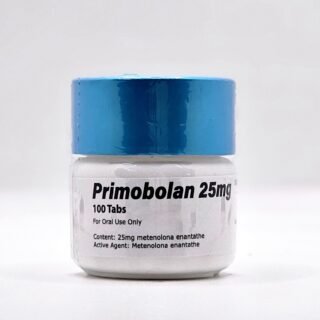
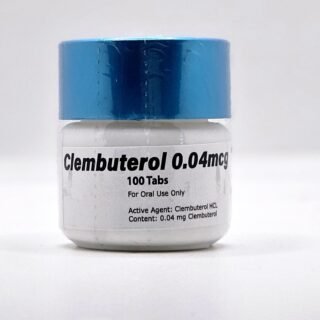
Leave a Reply